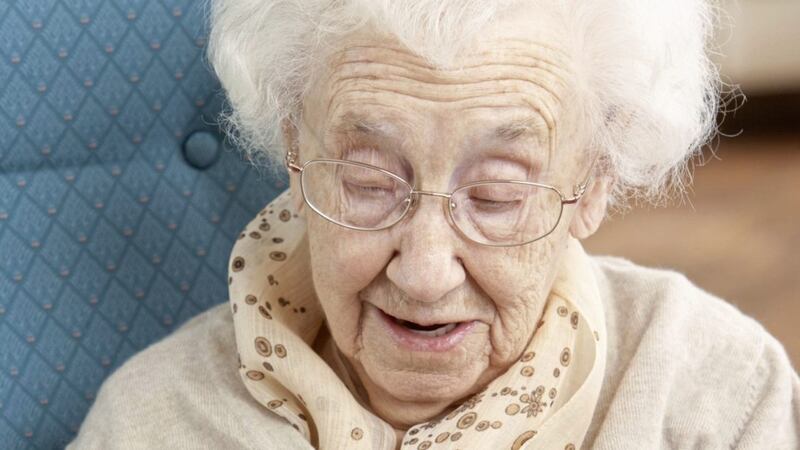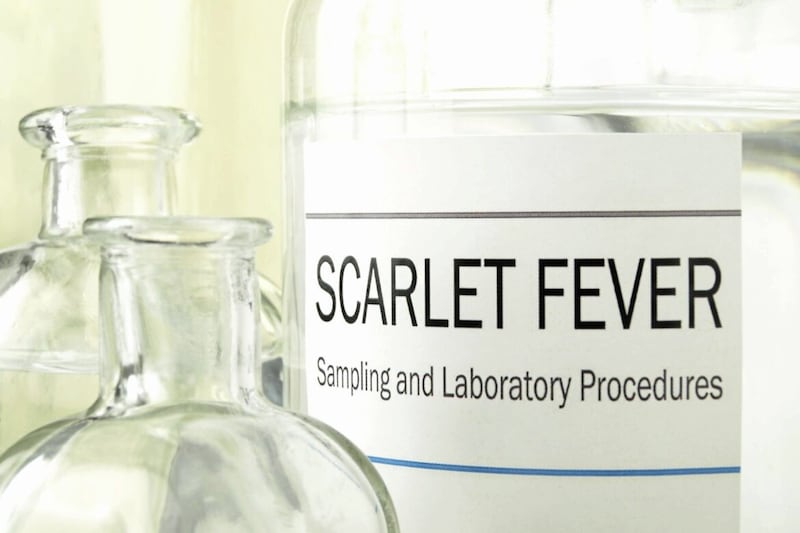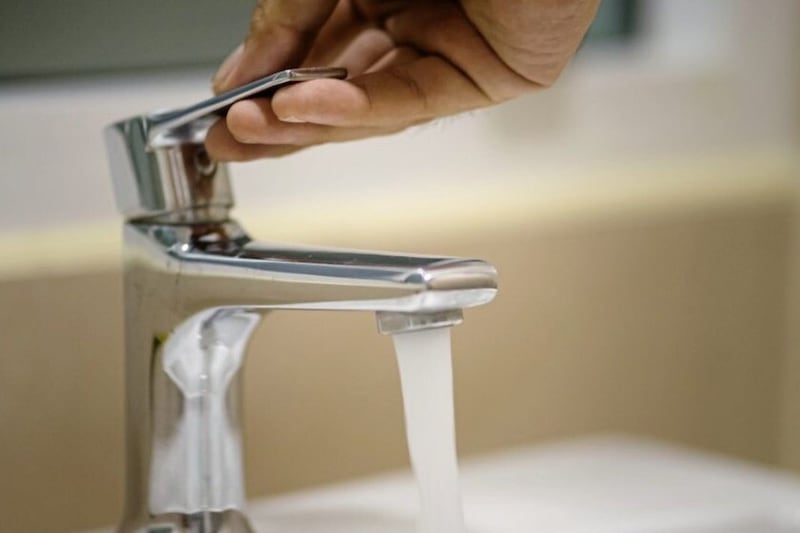Care home patients admitted to hospital for any reason, then tested for Covid-19 ahead of discharge, continue to be sent back to their facility whether they are infected or not, it has emerged.
The only exception is if the care home facility has been assessed by the Regulation and Quality Improvement Authority (RQIA) as unable to provide appropriate isolation control. It is not clear if RQIA assessments are conducted in person or remotely.
Last month, the Minister for Health Robin Swann announced all patients would be tested 48 hours before discharge to a care facility, which was widely welcomed.
However, it was unclear that discharge would go ahead whether the result was positive or not.
The Department for Health was asked to clarify the procedure when a person tests positive ahead of discharge from hospital to a care home.
Although not answered directly, but instead referencing recent guidance, it appears not only are infected patients discharged to care homes, but those whose test result have not be received are discharged in the meantime.
While isolation procedures are invoked by care homes in these instances, they are not necessarily confined to the individual in question.
Some facilities have been required to take exceptional steps by confining all residents to their rooms, to provide the best protection. This has significantly impacted on residents quality of life and added to staff pressures.
In some instances, care homes, which have remained free of Covid-19, have had positive patients discharged back from hospitals. While this is not recommended in guidance, it is permitted if it is the person’s residence.
The Department provided a link to: “Full and very detailed guidance on how discharges from hospital to care homes should be treated, whether positive, suspected or not.”
This states care homes play a vital role in accepting those discharged, to aid recuperation and enable hospitals to have sufficient beds to treat the acutely ill.
The Department: “Shares the concerns of providers who wish to make sure discharges into nursing or residential care do not put residents currently in those settings at risk and ideally, patients who are Covid positive or symptomatic, should not be discharged to a care home that has no symptomatic or Covid positive residents, unless that home was the patient’s previous residence.”
A small number of care homes assessed by the RQIA do not have the ability to appropriately isolate individuals because of the configuration of their premises.
However, residents may return if the Trust and care home provider are in agreement this can be safely managed.
The guidance states all patients being discharged from hospital to a care home should be tested for Covid-19, ideally 48 hours prior to discharge. Trusts have responsibility for ensuring the testing of these specific patients, in advance of timely discharge. However, where a result is awaited, the patient should be discharged and anyway and isolated as a Covid-positive patient would be.
Trust staff will clarify the Covid status of an individual and any symptoms, during the process of transfer from a hospital to the care home. The guidance states patients should not be transported to care homes without proper discussion of an individual’s Covid status.
The practice of discharging Covid-positive or exposed patients from hospitals to care homes has been heavily criticised by leading public health expert Professor Gabriel Scally.
When asked if it was a contributory factor in the spread of Covid, he remarked: “It couldn’t be anything else. The thought of sending people who are infectious into a nursing home – whether discharging back or admitting for the first time – is verging on real negligence. You are sending people who are unwell, and presumed infectious, back into a place that doesn’t have the facilities to isolate people properly. I can’t imagine a care home being well set up or well-equipped or the staff terribly well trained to cope with this.”
Professor Scally’s opinion is not supported by Chief Medical Officer Dr Michael McBride, who is of the view Covid spread within the care-home sector is more likely to be from the community and in particular, staff.








